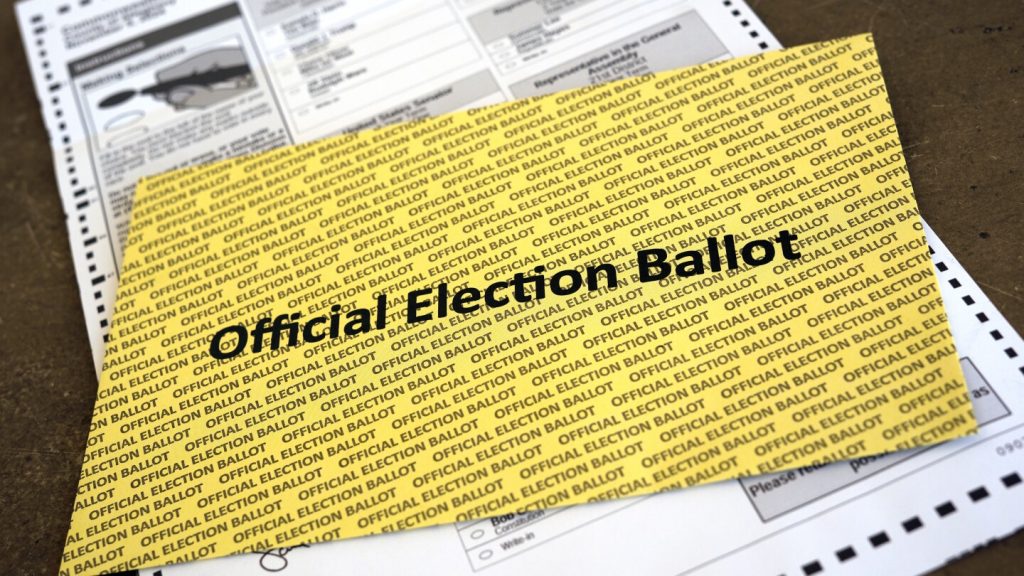The Pennsylvania Supreme Court ruled that people whose mail ballots are rejected for not following technical procedures can cast provisional ballots, affecting thousands of mail-in votes likely to be rejected in the upcoming fall election. The decision was a legal defeat for the Republican National Committee and the state Republican Party, as the court ordered provisional ballots cast by two voters in Butler County to be counted. The issue arose from the rejection of the voters’ mail-in ballots due to missing secrecy envelopes, but they were able to cast provisional ballots after receiving notification of the problem.
Mail-in ballot rules in Pennsylvania changed under a 2019 law, leading to widespread use and a series of lawsuits. The court decision, with a 4-3 ruling, has significant implications due to the state’s role as a swing state with many electoral votes in the upcoming presidential election. The ruling emphasizes the need for the Election Code to enable citizens to vote rather than creating obstacles, as stated by Justice Christine Donohue in the majority opinion. The dissenting opinion argued that the provisional ballots should not be counted since the voters had already cast their ballots by mail. However, the court decided that all voters whose mail-in ballots are disqualified for any reason can cast valid provisional ballots.
Most counties help inform voters in advance if their mail-in ballot will be rejected, giving them the chance to cast a provisional ballot on Election Day. The ruling ensures that all voters have the opportunity to have their vote counted, even if their mail-in ballot is disqualified. The decision applies statewide, allowing voters whose ballots are disqualified for any reason to cast provisional ballots. This means that tens of thousands of disqualified mail-in ballots in this year’s election could potentially be replaced by valid provisional ballots, providing voters with the opportunity to have their voice heard in the democratic process.
The legal battle surrounding the rejection of mail-in ballots underscores the importance of ensuring that every vote is counted in the upcoming election. With the increased use of mail-in voting due to the COVID-19 pandemic, the strict enforcement of technical procedures can potentially disenfranchise voters. The ruling by the Pennsylvania Supreme Court seeks to address this issue by allowing voters whose mail-in ballots are disqualified to cast provisional ballots, ensuring that their voices are not silenced. As the election approaches, the decision will play a crucial role in determining the outcome in a swing state with significant electoral votes at stake.
The ruling has political implications as well, as the Republican Party sought to uphold the rejection of provisional ballots in Butler County. However, the court decision will require these ballots to be counted, potentially influencing the final results in the fall election. Given the current polarization in American politics, every vote counts, and ensuring that valid ballots are not disqualified is essential to maintaining the integrity of the electoral process. The legal battle over the rejection of mail-in ballots highlights the importance of upholding citizens’ right to vote and ensuring that their voices are heard in the democratic process.
Overall, the ruling by the Pennsylvania Supreme Court represents a significant victory for voters whose mail-in ballots are disqualified, allowing them to cast provisional ballots and have their voices heard in the upcoming election. The decision underscores the need to prioritize citizens’ right to vote and ensure that technical procedures do not disenfranchise voters. As the country braces for a closely contested presidential election, the ruling will play a pivotal role in determining the outcome in a critical swing state, emphasizing the importance of every vote in shaping the future of the nation.


